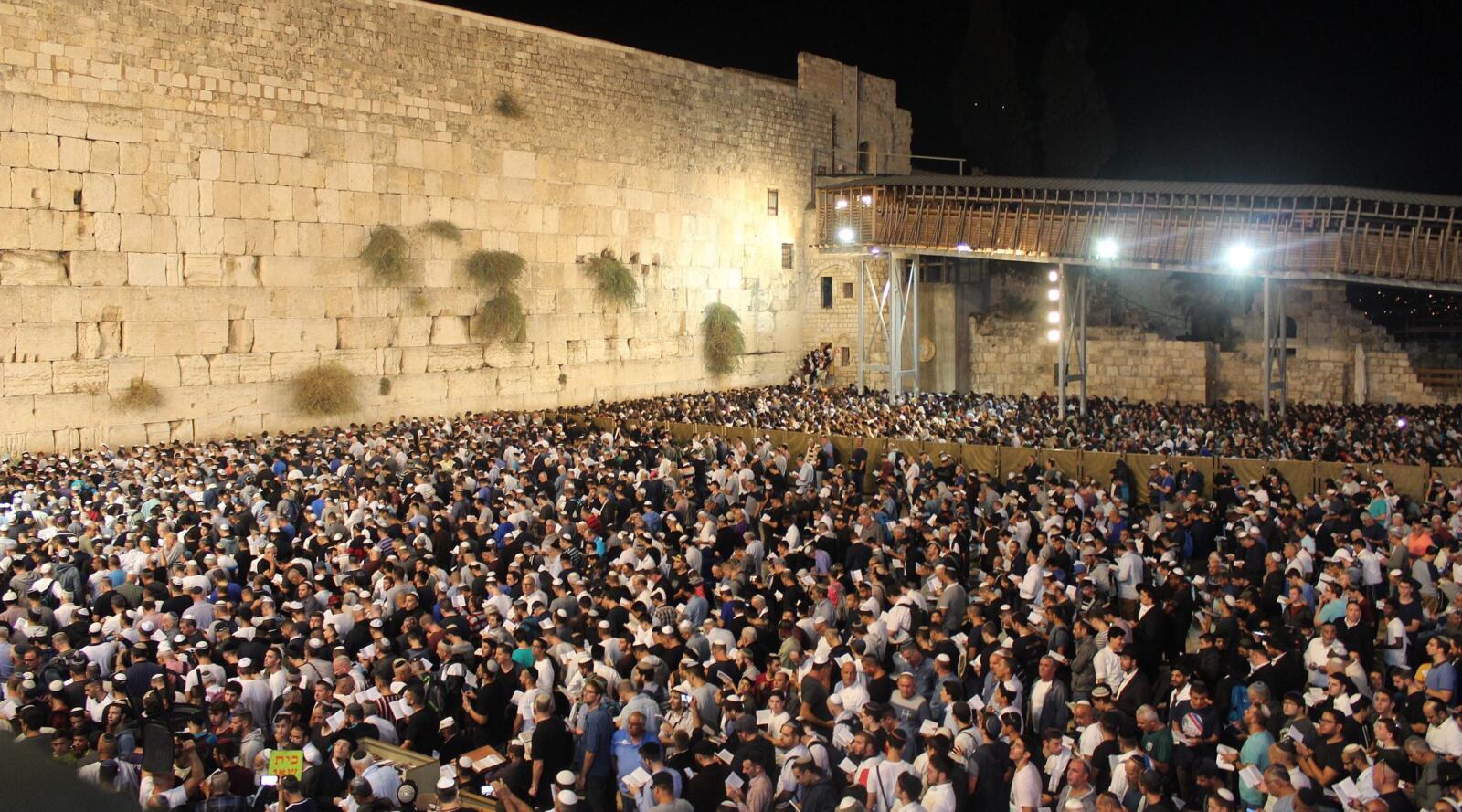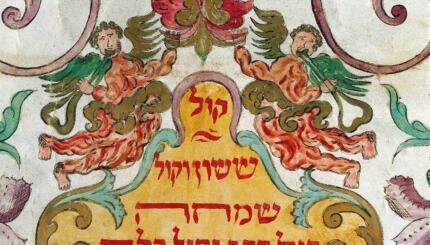The Talmud records a peculiar blessing: “One who sees a crowd of Israelites should say ‘Blessed be God who knows secrets.’” (Berakhot 58a)
Why do we bless God’s knowledge of secrets? Because when we look at a crowd of people, we see just that — a crowd, an undifferentiated group of faces. The Talmud teaches that God sees into each individual heart, its aspirations, its fears, its secrets.
The notion of God as chacham harazim, or “the one who knows secrets,” could be disturbing or comforting. Do we want those discreditable thoughts aired to anyone, even God? Yet if God does know our thoughts, we are never completely alone.
Perhaps that is why the Talmud puts this sentiment in the form of a blessing. The tradition envisions a compassionate God for whom human nature holds no surprises. Our pettiness and selfishness are not new. We are not the first to pass peremptory or cruel judgements. God understands. We are fully and completely known — and still we are loved. That is a blessing indeed.
With your help, My Jewish Learning can provide endless opportunities for learning, connection and discovery.



